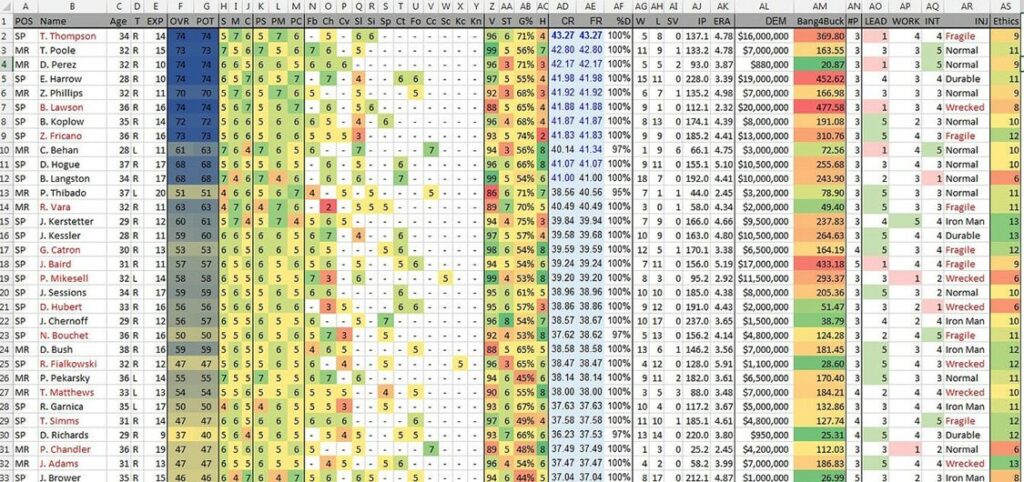Late last year we published a piece in our Newsletter laying out the differences between a spreadsheet and a database. This article is intended to go the next step with those thoughts and maybe pivot into some positive talk about spreadsheets, while still remaining aware of their shortcomings.

I personally am a huge fan of spreadsheets. They are a tremendous way to work out business problems, and questions. They can also be the universal interpreter, we have seen customers use spreadsheets as a way to not only extract data from, but input data into, their ERP systems. Once you have the data in spreadsheet form, you can sort, do calculations, hypothesize on what the data could be, all kinds of great work that you cannot do in your ERP System.
But as we laid out in the last article, there is a dark side to the spread sheet. Data integrity being a big one. Also, relying on spreadsheets as a crutch to keep you from upgrading your business systems, which would be much better in the long run. Spreadsheets can drive all kinds of inefficiencies with manual data manipulation in many places instead of transactions happening automatically in business software.
One of the main drivers for EMP to kick the QuickBooks habit, and go onto Dynamics Business Central five years ago, was to rid ourselves of the myriad of spread sheets that we were dependent on to compensate for QuickBooks. Having our critical business data in several spread sheets, instead of in one place, a cloud-based database.
One of my favorite jokes is, “what does MES stand for, usually Microsoft Excel Spreadsheet, not Manufacturing Execution System”. We have gone into customer sites many times finding that they are running their business on spreadsheets, and they are trapped out of automation because of them.

Our job in that case is to do programming, and database work to help them come up with the backbone needed for automation. OK, we confess, sometimes our projects are to do the automation, but then dump the data into spreadsheets, so the customer doesn’t have to upgrade their back-end systems. It is still a win; the customer gets the automation they desperately need, without spending years and millions on an ERP upgrade.
So, if you are ready to kick the spreadsheet habit, we can help.